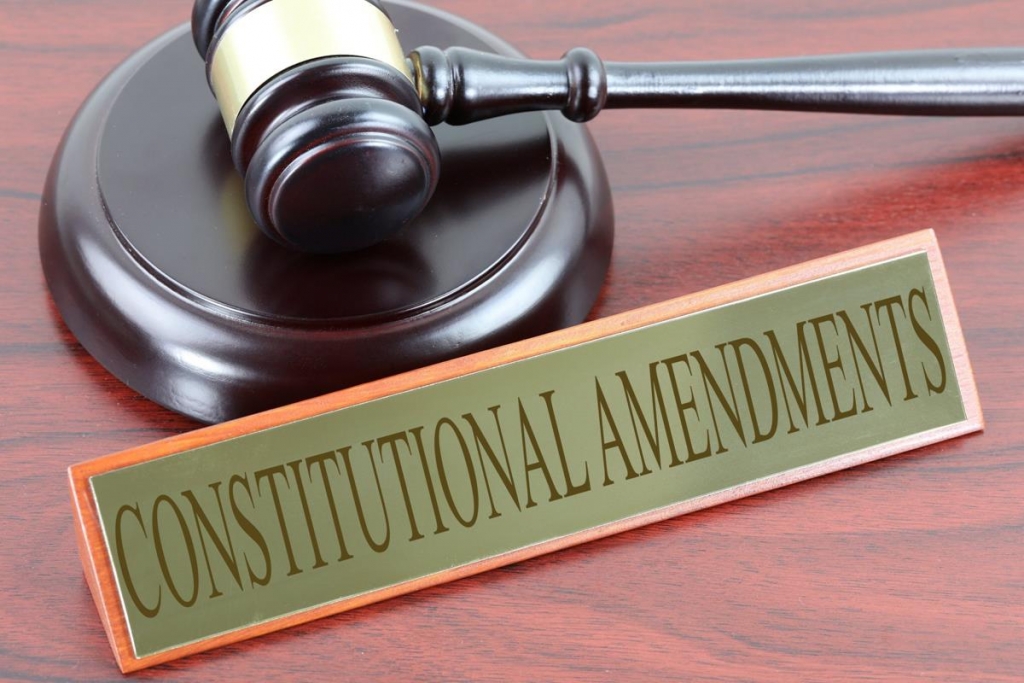Thirteenth Amendment Facts
The Thirteenth Amendment to the United States Constitution was ratified on December 6, 1865. It’s one of the most famous amendments because it made slavery and involuntary servitude illegal in the United States.
At this point, many slaves had already been freed under the Emancipation Proclamation.
But the Thirteenth Amendment made their freedom permanent and freed those who were still in slavery.
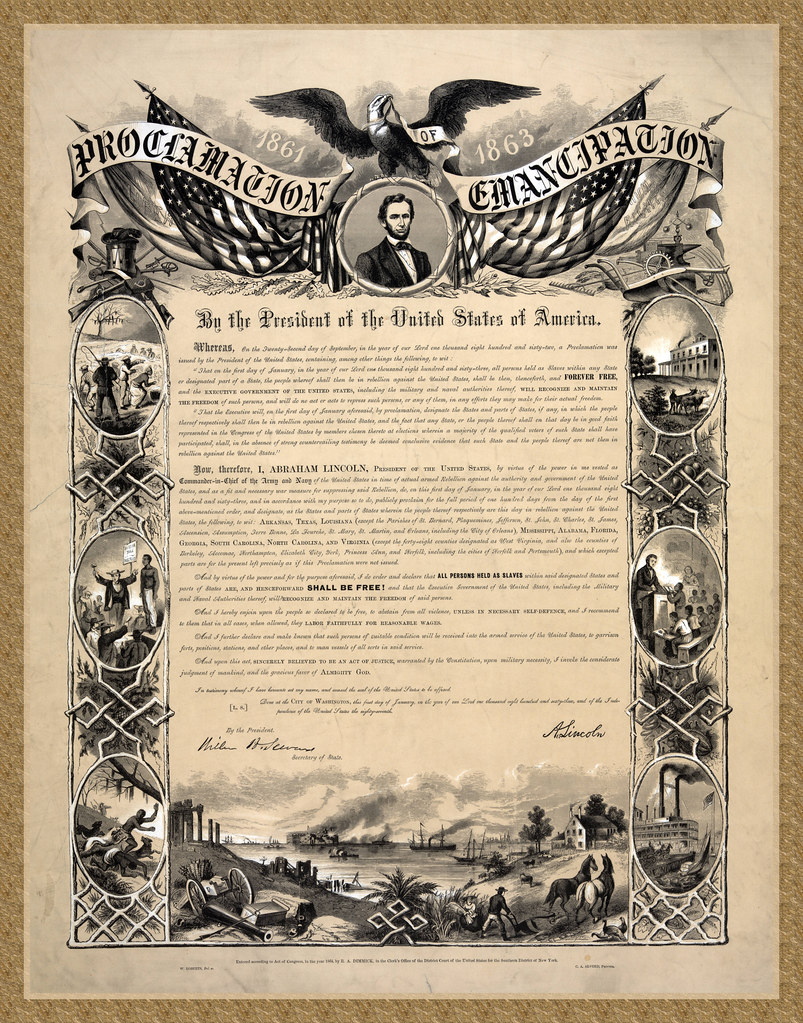
What does the Thirteenth Amendment say?
Section 1:
“”Neither slavery nor involuntary servitude, except as a punishment for crime whereof the party shall have been duly convicted, shall exist within the United States, or any place subject to their jurisdiction.””
Section 2:
“Congress shall have power to enforce this article by appropriate legislation.”
A Brief History of the Thirteenth Amendment
The Constitution was all about equality, but the United States wasn’t exactly living up to these ideals.
By the start of the Civil War in 1861, there were about four million slaves in the United States. Nearly all of them were of African descent.
President Abraham Lincoln believed that slavery was evil, but he struggled to decide what about to do it.
By 1862, he decided that freeing the slaves in the South would help the Union (North) defeat the Confederates (South) and win the Civil War.

So, he signed the Emancipation Proclamation. This proclamation announced that all slaves in the 11 Confederate states at war with the Union were now free “thenceforward and forever.”
However, this proclamation did not apply to all the slaves in the United States. Permanent freedom for all slaves would require the passing of a constitutional amendment.
Getting the amendment to pass was not easy, but it was eventually passed with a vote of just over the required two-thirds majority.
Georgia became the 27th state to ratify, officially making the amendment part of the Constitution.
Abolitionists
Abraham Lincoln wasn’t the only person who was against slavery. People called abolitionists wanted slavery to be abolished, or to become illegal.
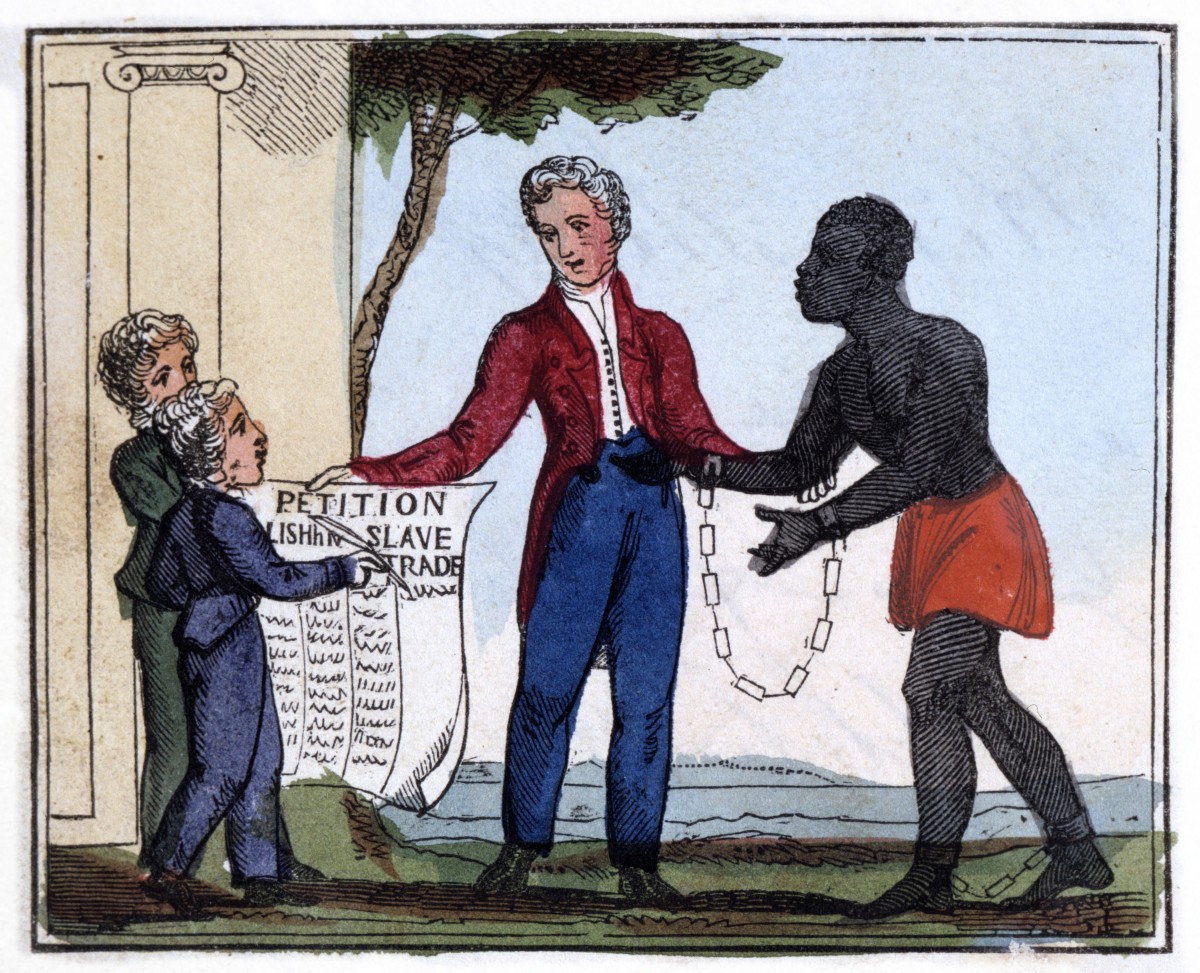
This movement began in the late 1700s. By 1776, Rhode Island became the first state to abolish slavery. Other states followed: Vermont (1777), Pennsylvania (1780), and many other northern states soon after.
By 1820, most of the northern states were against slavery. In the South, however, people relied on slave labor to grow “cash crops” like tobacco, sugar cane, and cotton.
Slavery was one reason that the Northern and Southern states disagreed and started the Civil War. The southern states wanted independence and they wanted to own slaves and profit from slave labor.
In the end, the North won the Civil War. And the abolitionists won the debate over whether slavery should be legal.
Involuntary Servitude
The Thirteenth Amendment also outlawed involuntary servitude. Involuntary servitude is any time a person is forced to work using intimidation or threats.
For example, people can’t be forced to work in order to pay off a debt. This was a problem for former slaves, who were said to owe money to the plantation owners for living expenses.
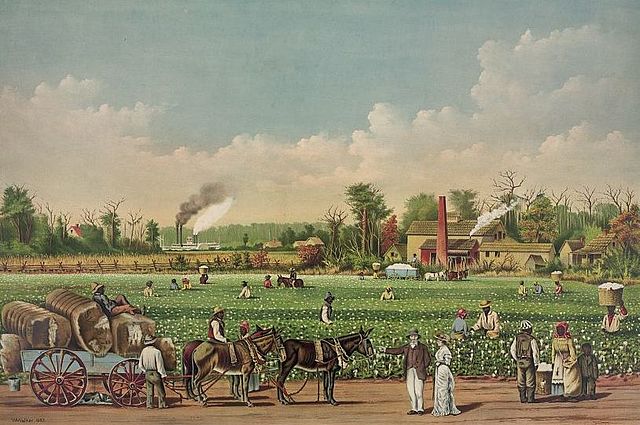
They were unable to repay these debts and became trapped in a cycle of working without pay. The Supreme Court ruled this practice unconstitutional in the 1911 case Bailey v. Alabama.
Power to Enforce This Article
Section 2 of the Thirteenth Amendment also says that Congress has the power to enforce the amendment with appropriate legislation.
The Supreme Court has ruled that Congress also has the power to pass laws that get rid of the “badges and incidents of slavery.”
Over the years, these “badges and incidents” have included outlawing racial discrimination by private schools and housing developers and criminalizing race-based hate crimes.
Today, the Thirteenth Amendment is rarely used in Supreme Court rulings. However, it can be used to enforce civil rights and fair labor practices.

Other Interesting Facts About the Thirteenth Amendment
The state of Mississippi finally ratified the Thirteenth Amendment in 1995.
The amendment still allows people who are convicted of a crime to be forced to work. Prisoners are often involved in chain gangs or other forms of labor.
The Supreme Court has ruled that a military draft, which requires people to serve in the military, does not violate the Thirteenth Amendment.
The Thirteenth Amendment allows the government to require other forms of public service too, like jury duty.
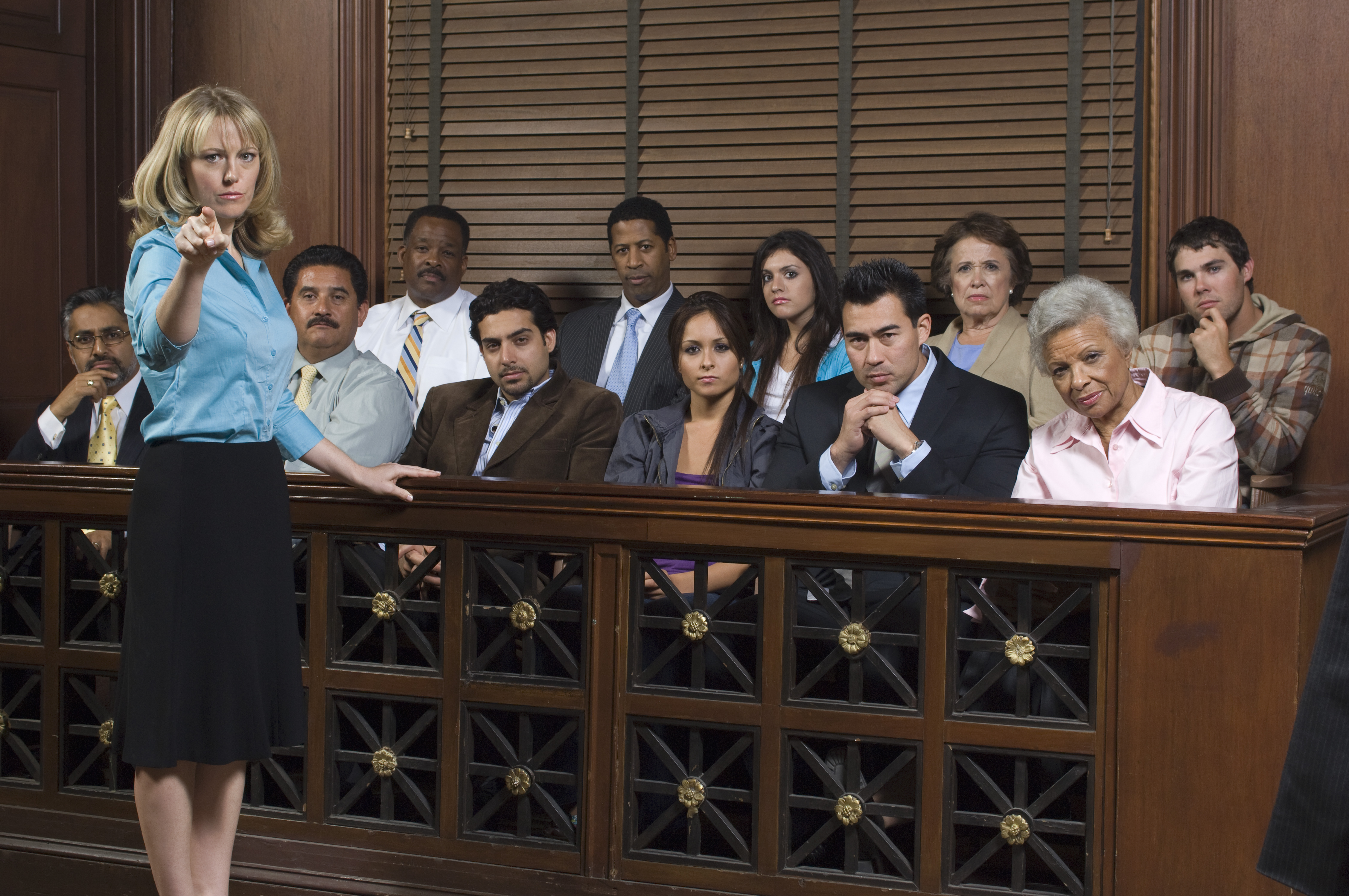
Unfortunately, Abraham Lincoln never got to see final ratification of the Thirteenth Amendment.
He was assassinated on April 14, 1865, seven months before the necessary number of states agreed to support the amendment.
Also Read:
